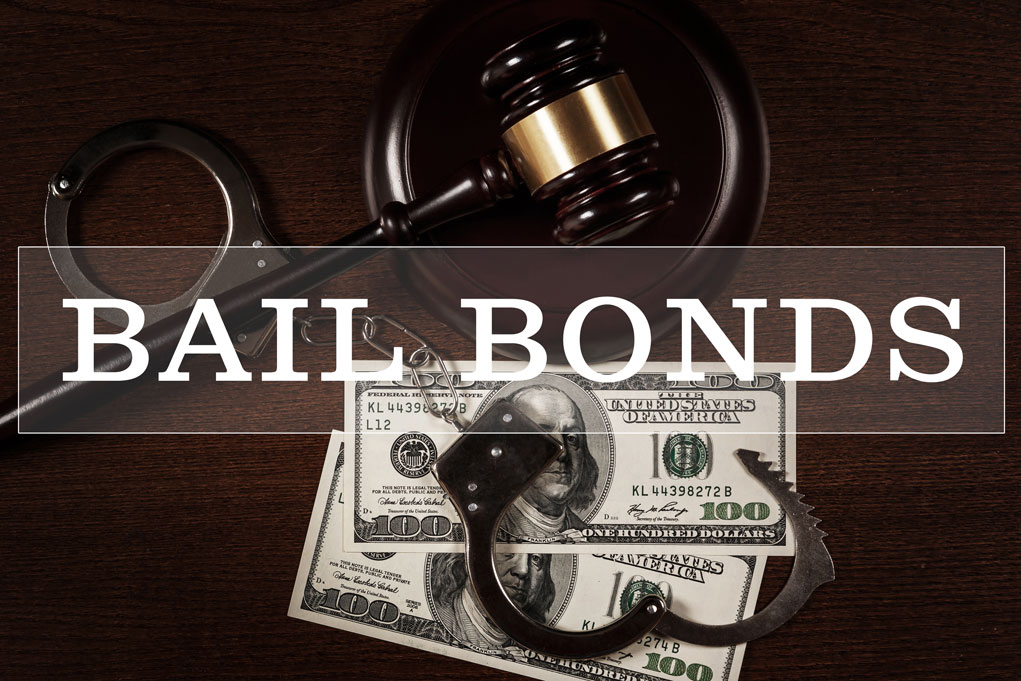Understanding the Most Common Forms of Bail Bonds

When it comes to navigating the legal system, understanding the various aspects of bail bonds is crucial. As experts in the field, No Collateral Bail Bonds is dedicated to providing valuable information about the most common form of bail bonds.
This comprehensive guide will delve into the intricacies of bail bonds, empowering readers with knowledge to make informed decisions during challenging times.
Understanding Cash Bail Bonds
The most prevalent form of bail bond is the cash bail bond. In this type of bond, the defendant or their representative pays the entire bail amount set by the court in cash. The court holds the funds until the case reaches its conclusion. If the defendant attends all required court hearings, the full bail amount is returned.
Why Cash Bail Bonds Are Common
Cash bail bonds are widely used due to their simplicity and straightforward nature. They offer several advantages:
- Immediate Release: Paying the full bail amount allows for prompt release from jail, reducing the time spent awaiting trial.
- Simplicity: Cash bail bonds involve straightforward transactions, as the full amount is paid upfront. There is no need to involve third parties or collateral.
- Flexibility: The defendant or their representative has control over the payment process and can choose the most suitable method for them.
Other Types of Bail Bonds
While cash bail bonds are the most common, it’s essential to be aware of other types available. These alternatives can accommodate different financial situations and circumstances:
- Surety Bail Bonds: Surety bonds involve a bail bond agent or company acting as a guarantor. The defendant or their representative pays a percentage of the bail amount (usually 10%) as a fee to the surety agent. The agent then posts the full bail amount, assuming responsibility for the defendant’s appearance in court. If the defendant fails to appear, the surety agent may be required to pay the full bail amount.
- Property Bail Bonds: Property bail bonds allow the defendant or their representative to use real estate or other valuable assets as collateral for the bail amount. The court places a lien on the property, and if the defendant fails to appear, the court may initiate foreclosure proceedings.
- Federal Bail Bonds: Federal cases involve offenses against federal laws and regulations, often resulting in higher bail amounts. Federal bail bonds require specialized bail bond agents experienced in federal cases. These agents have in-depth knowledge of federal legal processes and the unique requirements associated with federal bail bonds.
Understanding the most common form of bail bonds, cash bail bonds, is crucial for individuals navigating the legal system. However, it’s essential to be aware of alternative options, such as surety bonds, property bonds, and federal bail bonds. If you require reliable and professional bail bond services in Lake County, Florida, contact No Collateral Bail Bonds. Our experienced team is committed to helping you through challenging times and providing efficient bail bond solutions.
Contact us Today
For dependable bail bonds in Lake County, Florida, rely on No Collateral Bail Bonds. Contact our expert team today for prompt and reliable assistance. Take the first step towards securing your freedom—call now at (352) 343-6000!
